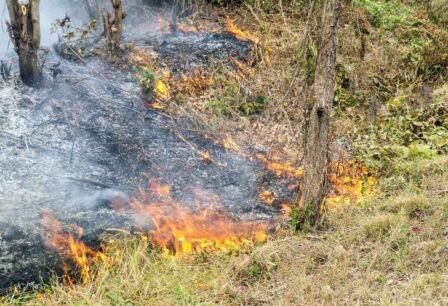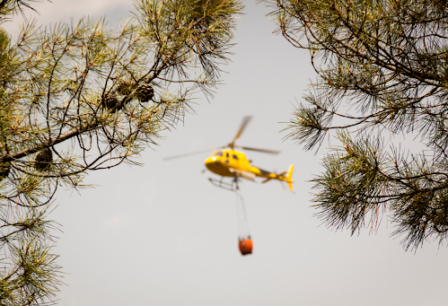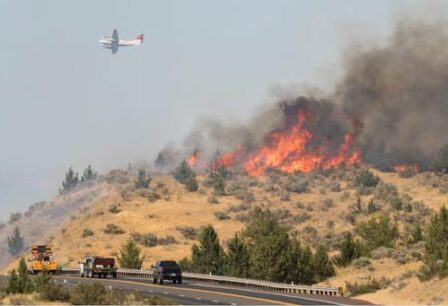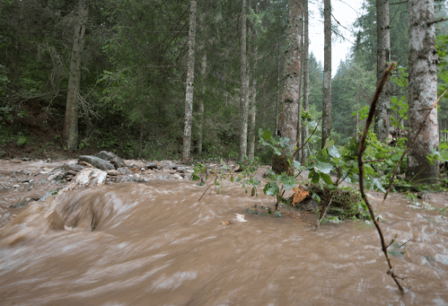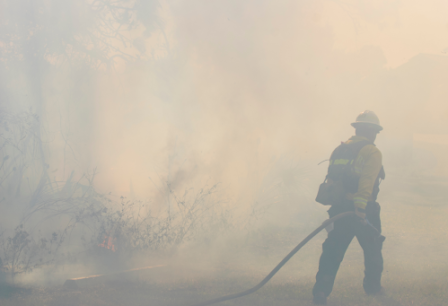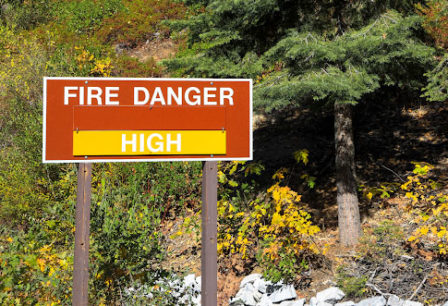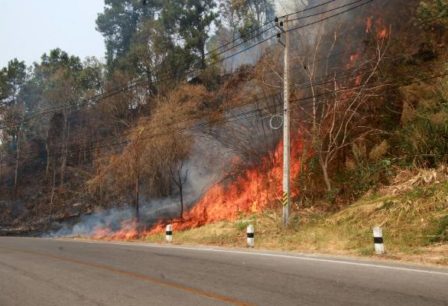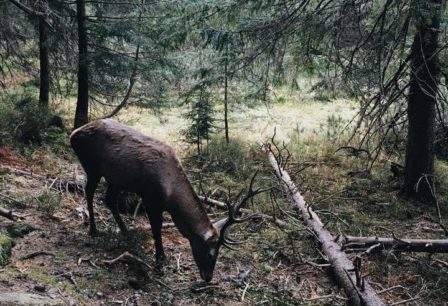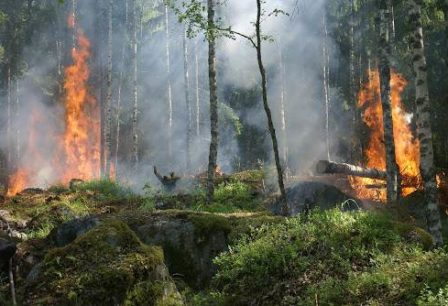Fire Pumps In the 1850s, early portable pumps for firefighting were large pumps on wheels that would be pulled by horses to a water source near the fire, allowing firefighters […]
Historic Flooding in BC The recent historic flooding in British Columbia that resulted in multiple fatalities, destruction of major highways, and the total flooding of the communities of both Abbotsford […]
You may have heard of firefighters starting “controlled burns” during wildfire season in order to help fight forest fires. Many people hear this and wonder how it’s possible to make […]
Population Loss Larger mammals like deer and bears generally have a low mortality rate when it comes to forest fires, because they are able to move quickly to another location […]
When a major, intense wildfire occurs, it has a major impact on the environment of that area well after the fire is out. Here is what the environmental response to […]


